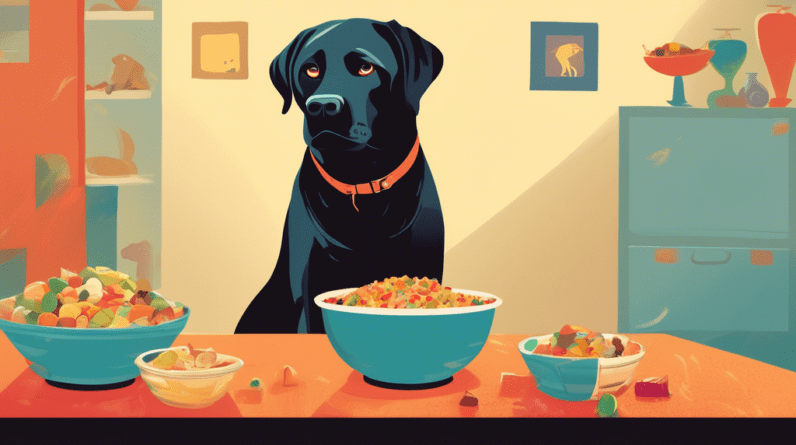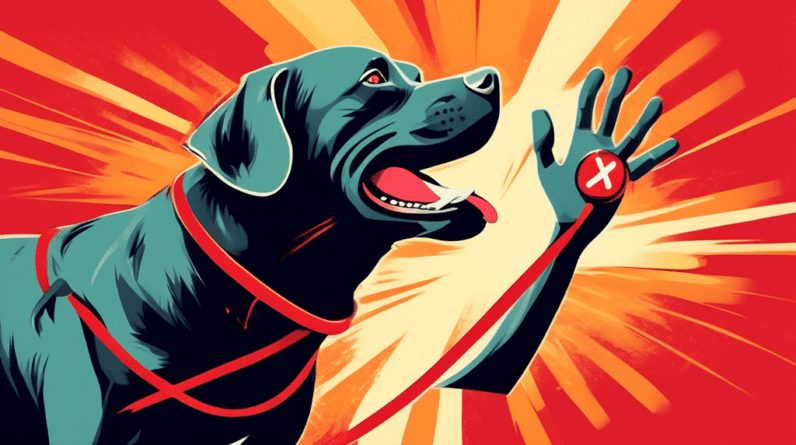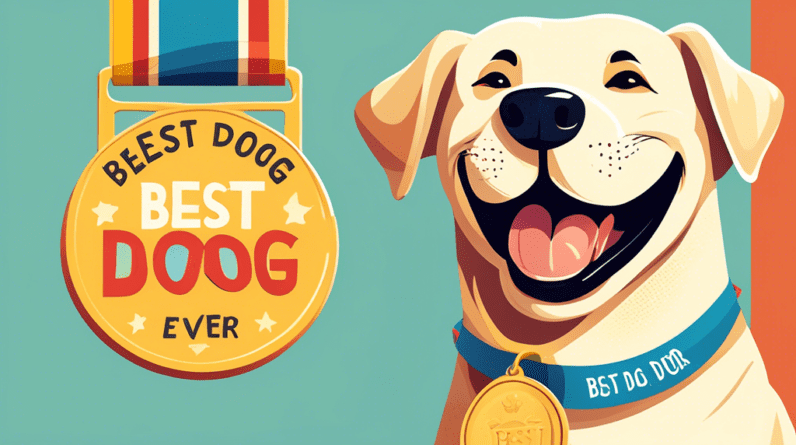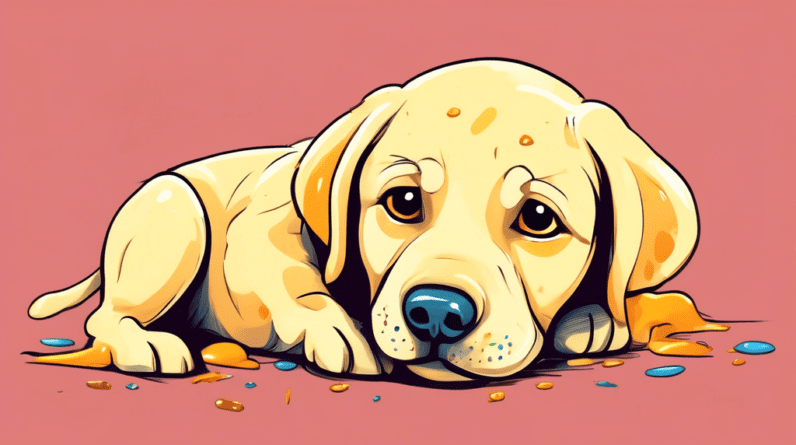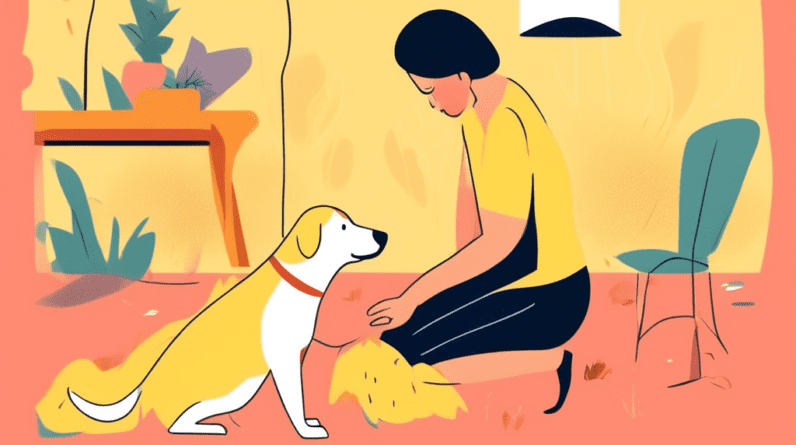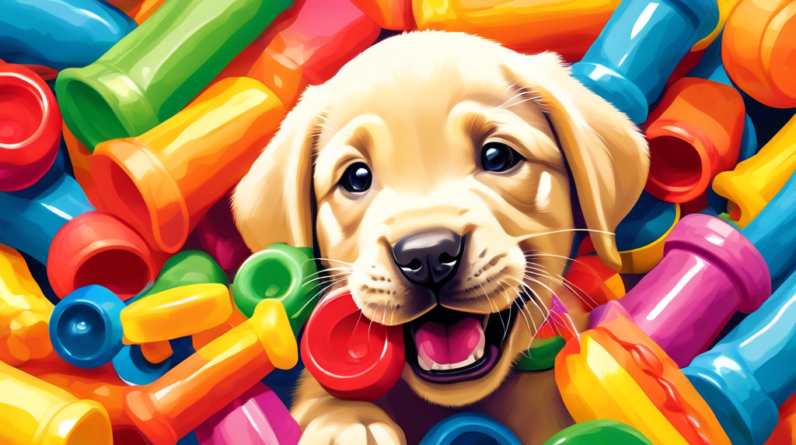
Can Labradors Be Aggressive? Understanding Their Behavior
The Labrador Retriever: A Beloved Breed
Labrador Retrievers consistently rank among the most popular dog breeds worldwide, and for good reason. These friendly, outgoing, and intelligent dogs have captured hearts with their wagging tails and love for life. Known for their gentle nature and patience, Labradors are often the go-to breed for families, even those with young children. But like all dogs, Labradors have individual personalities, and understanding their behavior, including the potential for aggression, is crucial for responsible ownership.
Debunking the Myth: Labradors and Aggression
The image of a Labrador baring its teeth in aggression might seem incongruous with their overall reputation. It’s important to remember that aggression is a complex behavior influenced by various factors, and it’s not inherently programmed into any breed, including Labradors. While individual dogs might display aggression, Labradors, as a breed, are not predisposed to it. Their friendly and tolerant nature is deeply ingrained in their lineage. However, this doesn’t mean aggression is entirely absent; it simply means that understanding the underlying causes is vital.
Unraveling the Roots of Aggression: Nature vs. Nurture
Genetics and Breed Predisposition
While Labradors aren’t inherently aggressive, genetics can play a subtle role. Like all breeds, they inherit certain traits, and some lines might carry a slightly higher predisposition for specific behaviors. Responsible breeders diligently screen their breeding dogs for temperament, minimizing the risk of passing on undesirable traits like heightened aggression. However, it’s important to note that genetic predisposition is just one piece of the puzzle.
The Power of Socialization: Shaping a Labrador’s Behavior
Early and ongoing socialization is paramount in shaping a Labrador’s behavior. Puppies who receive positive exposure to various sights, sounds, people, and other dogs during their critical developmental period are more likely to grow into well-adjusted adults. Early socialization helps them develop appropriate social skills and reduces the likelihood of fear or anxiety-based aggression later in life. Consistent socialization throughout their lives reinforces these positive behaviors.
Training and Leadership: Providing Structure and Guidance
Labradors thrive on structure and guidance, and proper training is essential for preventing behavioral issues, including aggression. Consistent and positive reinforcement techniques, such as reward-based training, help establish clear communication and strengthen the bond between dog and owner. Training provides mental stimulation and an outlet for their energy, reducing the risk of frustration-driven behaviors.
Identifying Triggers: Understanding the Source of Aggression
Aggression in Labradors, when it does occur, is often a symptom of an underlying issue. Identifying and addressing the root cause is crucial for modifying the behavior. Some common triggers include:
1. Fear and Anxiety
Labradors, despite their generally outgoing nature, can experience fear or anxiety in certain situations. A dog who feels threatened or scared might resort to aggression as a defense mechanism. Identifying and addressing the source of their fear, whether it’s loud noises, unfamiliar environments, or separation anxiety, is crucial for managing this type of aggression.
2. Pain and Discomfort
A Labrador in pain might exhibit aggression as a way of communicating their discomfort or protecting themselves from further harm. If you notice a sudden change in your dog’s behavior, including increased aggression, consult a veterinarian to rule out any underlying medical conditions. Pain-induced aggression usually subsides once the underlying issue is addressed.
3. Resource Guarding
Some Labradors might display possessive aggression, also known as resource guarding, over food, toys, or even their owners. This behavior stems from a perceived threat to their valuable resources. Addressing resource guarding typically involves behavior modification techniques under the guidance of a certified professional dog trainer. These techniques focus on building trust and teaching the dog that sharing doesn’t equal loss.
4. Frustration and Lack of Stimulation
Labradors are intelligent and energetic dogs that require ample mental and physical stimulation. A bored or under-stimulated Labrador might resort to destructive behaviors or even aggression as an outlet for their pent-up energy. Providing regular exercise, engaging in interactive play, and offering mental challenges through puzzle toys can help prevent frustration-driven aggression.
Addressing Aggression: Seeking Professional Help
If your Labrador displays aggressive tendencies, it’s crucial to seek professional help from a certified dog trainer or behaviorist. They can assess your dog’s behavior, identify the root cause, and develop a tailored training plan. Addressing aggression often involves a multi-faceted approach, including behavior modification techniques, environmental management, and in some cases, medication. Early intervention and consistent training are key to managing aggression and ensuring the well-being of both your Labrador and those around them.
Conclusion: Fostering a Harmonious Relationship
Labrador Retrievers, with their friendly disposition and loving nature, are generally not an aggressive breed. However, understanding the factors that can contribute to aggression in any dog is essential for responsible ownership. Early socialization, consistent training, and providing a stimulating and enriching environment are crucial for preventing behavioral issues. If aggression does arise, seeking professional help is paramount for addressing the underlying cause and promoting a harmonious relationship between you and your beloved Labrador.

